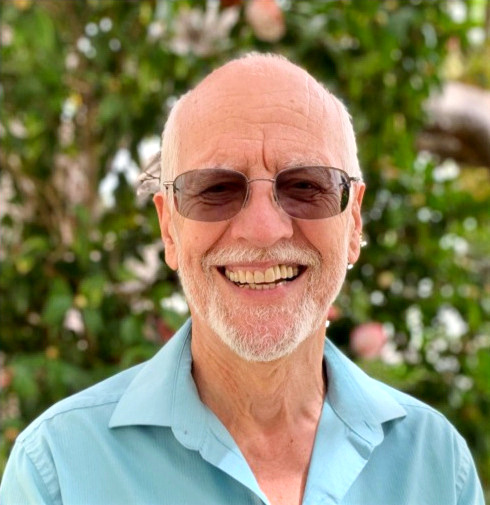A Bigger Understanding (Wisdom of the 12-Steps)
- Connard Hogan

- Aug 27, 2021
- 2 min read
Updated: Jan 6
Bottom line: the “12-Steps of Recovery” encompass the change/growth process.

I'm a "lumper."
Way back when, during my undergraduate studies, an anthropology professor told my class, "Some are lumpers and some are splitters," referring to anthropologists in general. I knew immediately I was a "lumper." I see parallels and look for similarities, overlap and common threads.
Over time I’ve come to appreciate the simplicity, integrity and non-judgemental nature of the 12-Steps of Recovery. I'm struck by their universality of application and scope in daily human struggle. In a sense, they are a western how-to version of Buddha’s tenet regarding suffering. That is, in short: 1) all suffering is derived from desire; and 2) let go of desire to attain inner peace (by utilizing appropriate tools). Both encompass spirituality, an underlying human need for connection to the “bigger picture.”
I’ve never practiced the 12-Steps officially as a recovering individual. I learned them as a licensed therapist working in the drug/alcohol recovery field over twenty-five years. I attended numerous 12-Step meetings working with those in recovery and observed the steps in action. I exchanged ideas and shared with colleagues in various drug treatment settings. And I lectured about the 12-Steps as applied to co-dependency.
I don’t claim to be an expert in recovery, but am an expert in my life, which includes what I’ve learned about myself in relationship to the 12-Steps. I've personally practiced the 12-Steps over time. I participated in staff self-assessment groups in two residential drug/alcohol treatment settings. I sought personal counseling, overcame suicidal thoughts and low self-esteem. I participated in Est, “human potentials” training seminars created by Werner Erhard, which reinforced my self-acceptance.
Thus, I’ve experienced the 12-Steps from “both sides,” and having participated in therapy sessions as a practitioner and client, I can say in hindsight that my healing has followed the 12-Step path.
Aristotle said, “Man is by nature a social animal. . . .” Beyond that, and I’m positive that I’m not alone, I define humans as “spiritual” animals. We have a need to understand our existence, including our place in the scheme of life and the world/universe.
Though the “identified problem” varies among individuals, the 12-Steps (utilized by 12-Step programs) foster a deeper understanding, increased emotional balance and enhances “spirituality,” which to me looks no different than the goals and outcome of therapy/counseling.
(Photo Credit: Hubble Space Telescope)







Comments